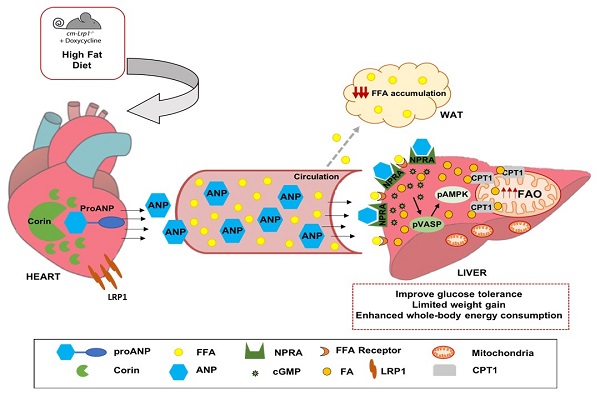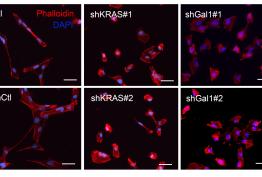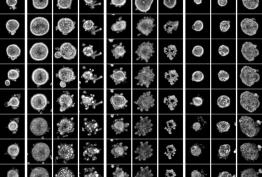Researchers from IIBB have shown, in an experimental model, that the preservation of low levels of the LRP1 receptor in cardiomyocytes (or in the heart) prevents against the development of insulin resistance and obesity induced by diet. This is because the LRP1 receptor controls the release of a protein into the bloodstream, the cardioquine or ANP hormone, which modulates the liver's ability to burn or oxidize the fatty acids that the diet provides to the body. The liver's increased ability to burn fatty acids prevents them from accumulating in the form of fat, and therefore, animals deficient in LRP1 gain less weight than controls despite being fed a diet rich in fatty acids. These results open a new therapeutic way to prevent cardiac and metabolic alterations in the context of diet-induced obesity and diabetes.







